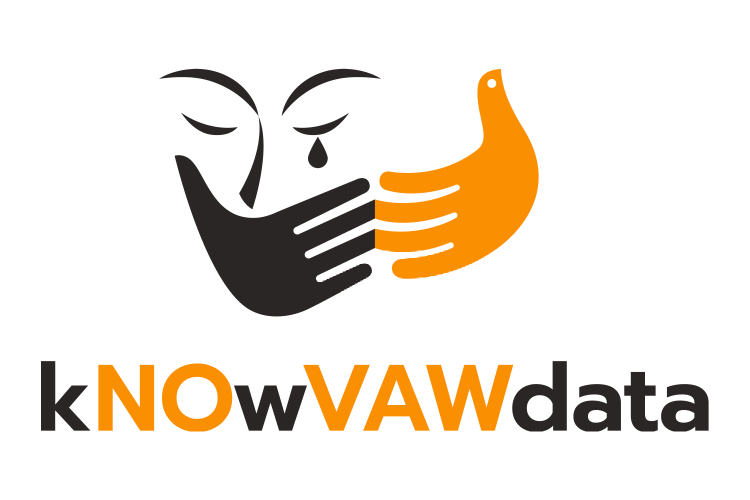Knowledge Hub

The Knowledge Hub provides links to resources supporting the measurement of violence against women and has been funded under the Pacific Spotlight Initiative. While starting with a primary focus on Pacific resources and global resources which are applicable for the Pacific region, the Knowledge Hub will continue under the UNFPA kNOwVAWdata initiative to support global knowledge exchange and a strong community of practice. The strength of this Knowledge Hub is the opportunity to share resources and support all regions of the globe.
If you would like to share links to be added to the Knowledge Hub, please send them to knowvaw-program@unimelb.edu.au.
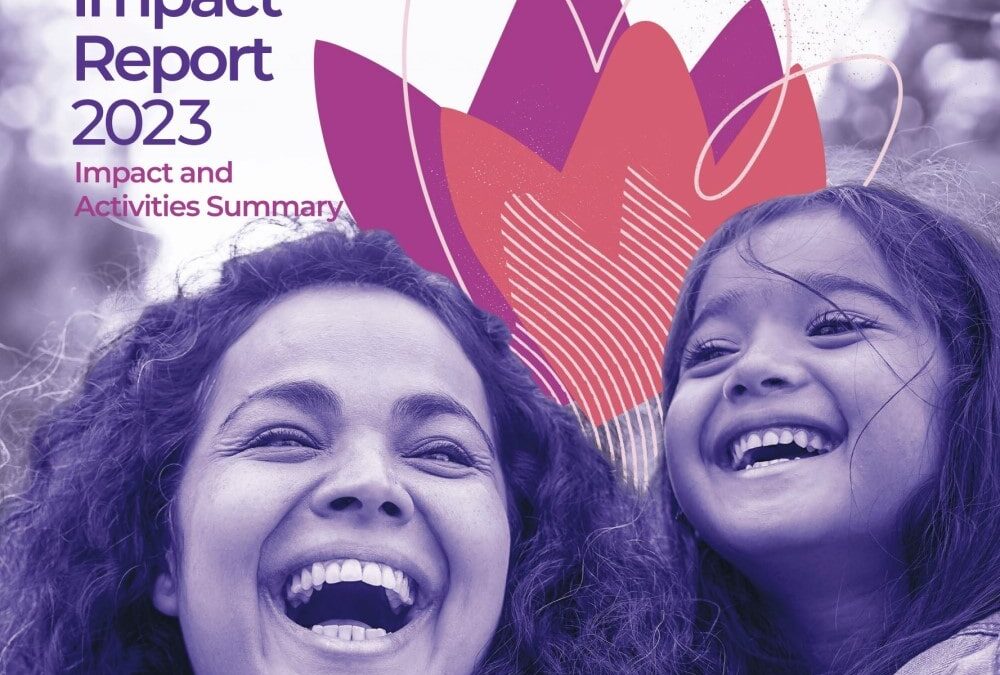
Annual Impact Report 2023 from Women’s Aid
Every year the Women’s Aid Annual Impact Report serves as a harrowing and poignant reminder of the level of domestic violence and abuse against women and children that prevails in homes and relationships across Ireland. Unfortunately, 2023 was no different. This report provides an insight into the coercive and controlling emotional, physical, economic, and sexual abuses inflicted upon women and their children at the hands of current and former intimate partners, whom we supported during just...

Innovative Approaches to Gender-Based Violence Service Provision in Emergencies
Even in the most challenging settings, UNICEF delivers innovative solutions to strengthen availability, accessibility and quality of GBV response services. With the COVID-19 pandemic, UNICEF had to capitalize further on its innovations in order to reach women and girls and help them to seek for help despite the lockdowns and quarantine restrictions enacted by Governments to respond to the pandemic.
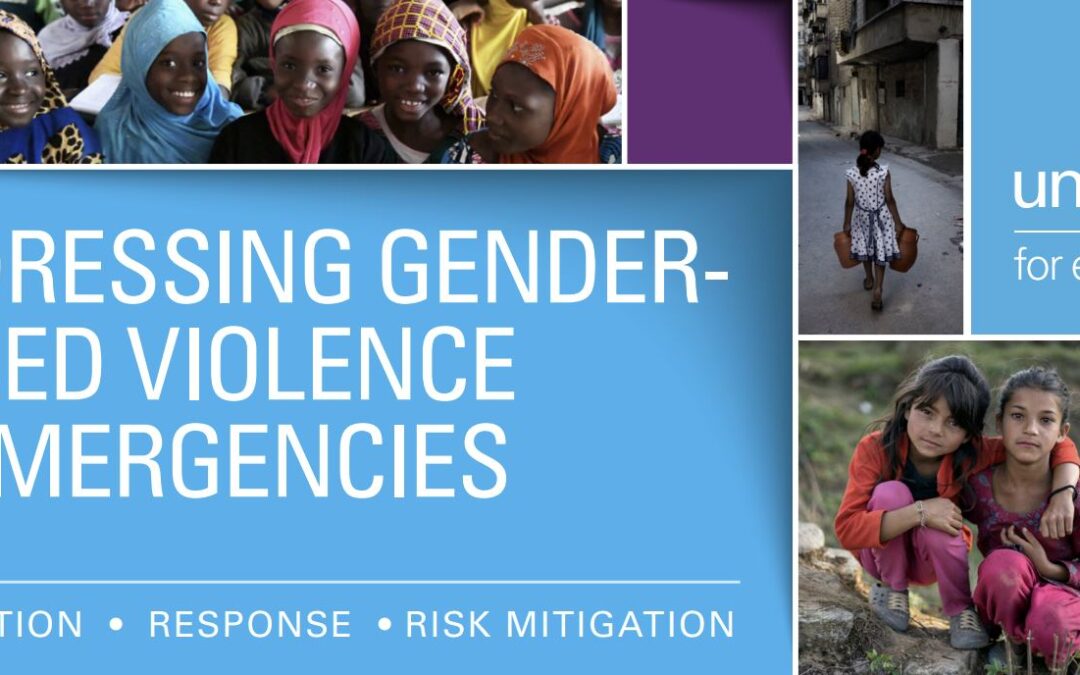
Addressing Gender-Based Violence in Emergencies
This brief provides a summary of why gender-based violence in emergencies matters, alongside UNICEF's commitment and approach.
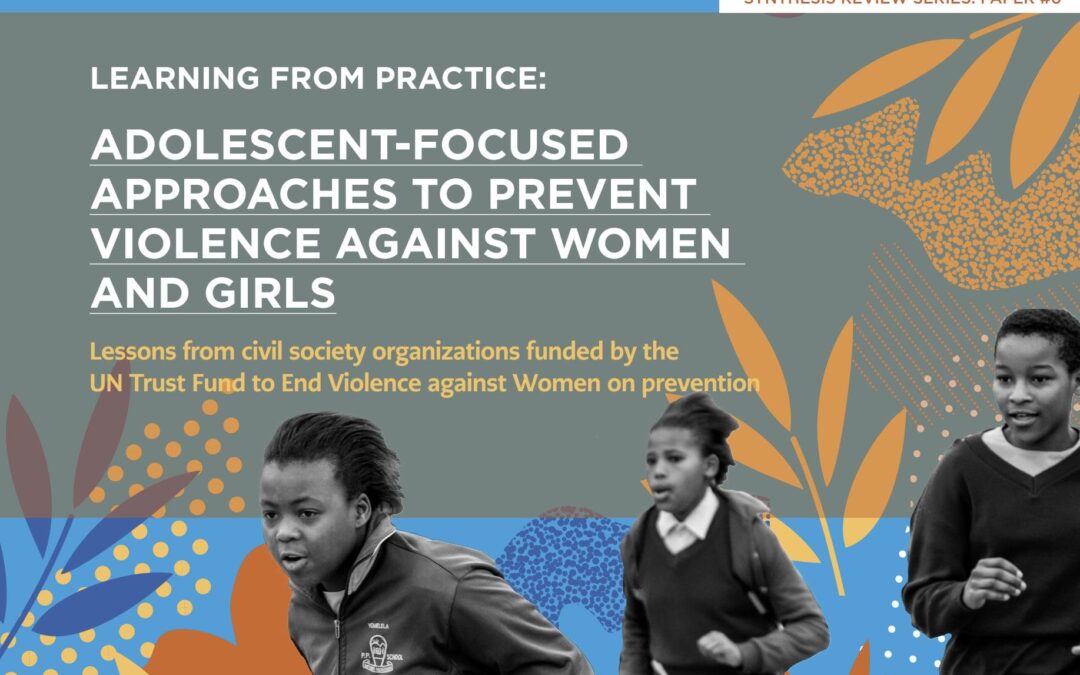
Learning From Practice: Adolescent-focused Approaches to Prevent Violence Against Women and Girls
This synthesis review aims to draw out some cross-cutting best practices, challenges and lessons from 10 diverse interventions to prevent violence against adolescent girls across various settings. These interventions, each centred on a different form of violence against girls, were funded by the UN Trust Fund to End Violence against Women (UN Trust Fund). The interventions focused solely on adolescents (both boys and girls) or an adolescent-focused programme was a subcomponent of a wider...
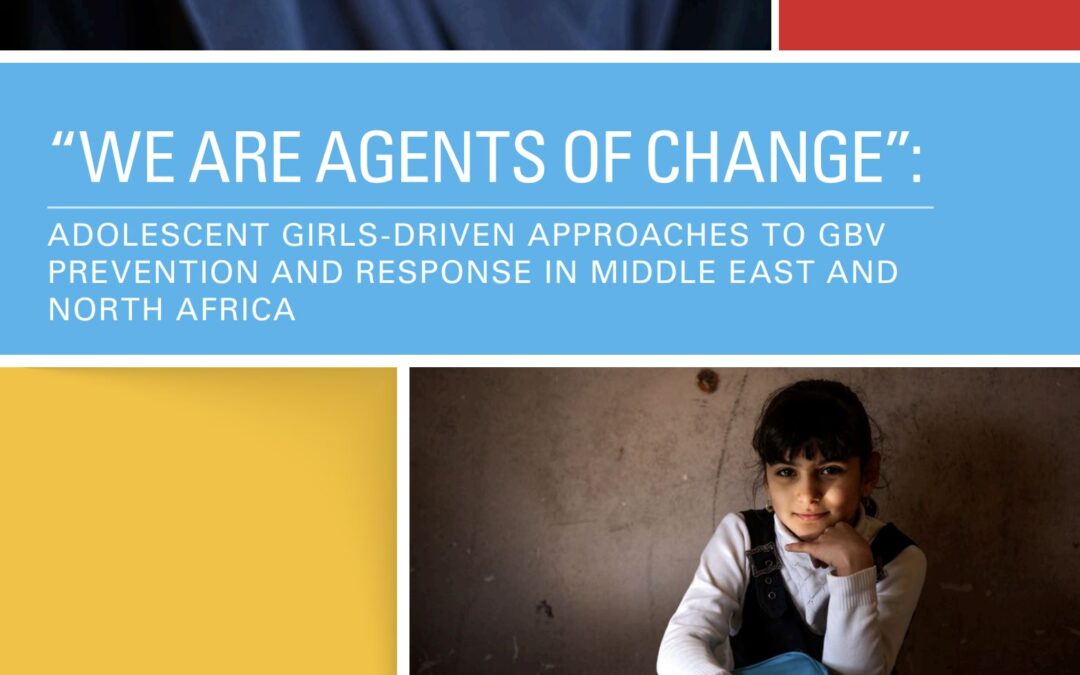
We are Agents of Change: Adolescent Girls Approaches to Gender-Based Violence Prevention and Response in Middle East and North Africa
This brief outlines adolescent girl-led approaches to GBV prevention and response in Middle East and North Africa including: access to gender-sensitive health information, peer-to-peer awareness in Syria, cross sectoral approaches to child marriage in Yemen and supporting adolescent girls empowerment and agency in Iraq.

Disasters, Crises and Violence Against Women: Evidence from Big Data Analysis – Lessons from Kiribati, Samoa, Solomon Islands and Tonga
Capturing accurate data on violence against women during crises is challenging, with survivors scattered and the confidentiality of their responses at risk. Taking these challenges into account, UN Women's Regional Office in Asia and the Pacific undertook a study harnessing big data from social media searches and posts, to uncover the discourse on VAW.
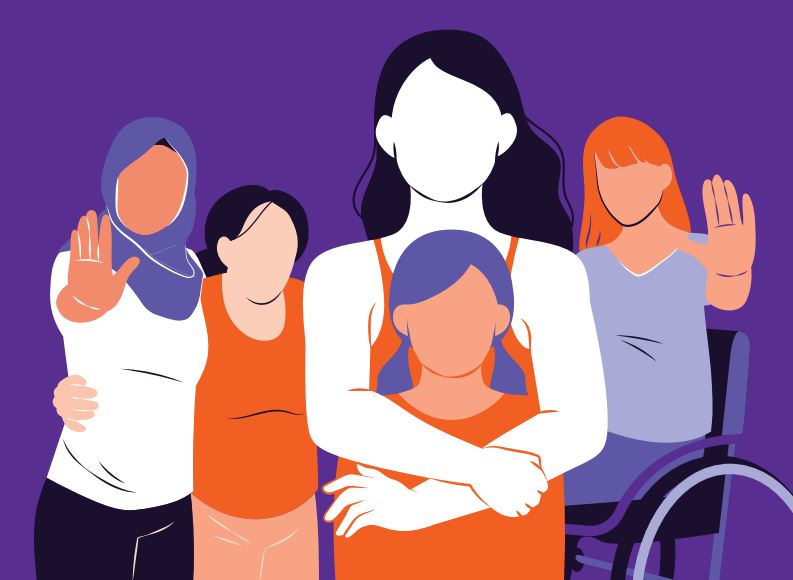
National Study on Violence against Women in Georgia 2022
UN Women teamed up with the National Statistics Office of Georgia (GEOSTAT) to conduct a second nationwide study on violence against women in Georgia in 2022. Building on the initial study in 2017, the 2022 survey significantly expanded its methodology to include additional forms of intimate partner violence, non-partner violence, sexual harassment, stalking, as well as attitudes and social norms related to violence against women. A total of 3,300 women and 1,104 men were interviewed across...

The World’s Women 2015: Trends and Statistics
This sixth edition of The World’s Women: Trends and Statistics provides the latest statistics and analysis on the status of women and men at global and regional levels and reviews the progress towards gender equality over the last 20 years. The eight chapters of the report cover several broad policy areas identified in the 1995 Beijing Platform for Action, the framework that set the international agenda for improving the status of women. These areas include population and families, health,...
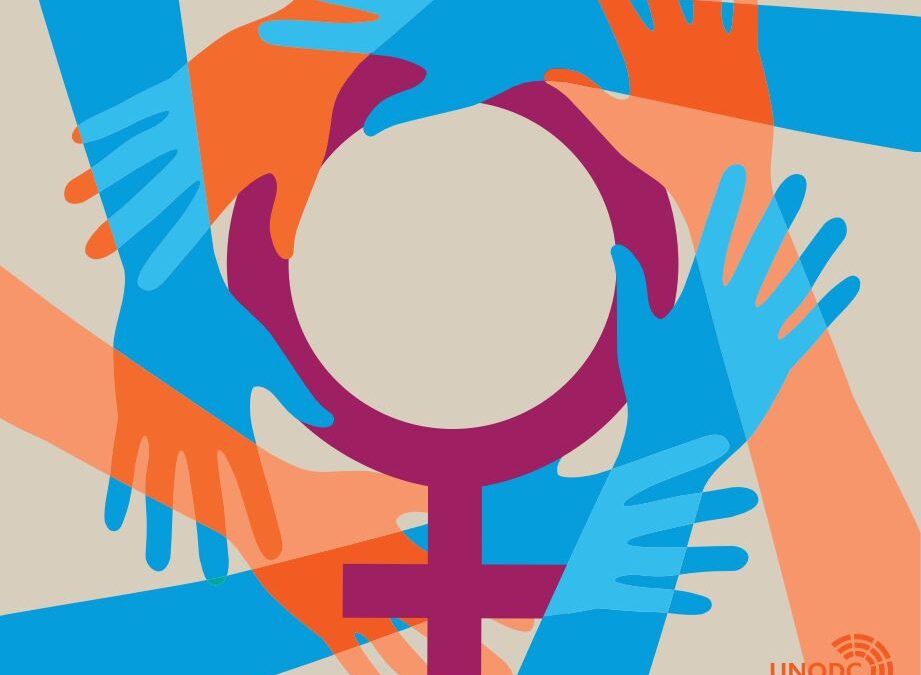
Gender-related killings of women and girls: Improving data to improve responses to femicide/feminicide
With the aim of galvanizing global action against this all-too-pervasive crime, UNODC and UN Women have joined forces to produce this research paper on the global estimates of gender-related killings of women and girls in the private sphere in 2021. This paper features policy recommendations to support comprehensive and multisectoral approaches to prevent and address gender-related killings and other forms of gender-based violence against women and girls.
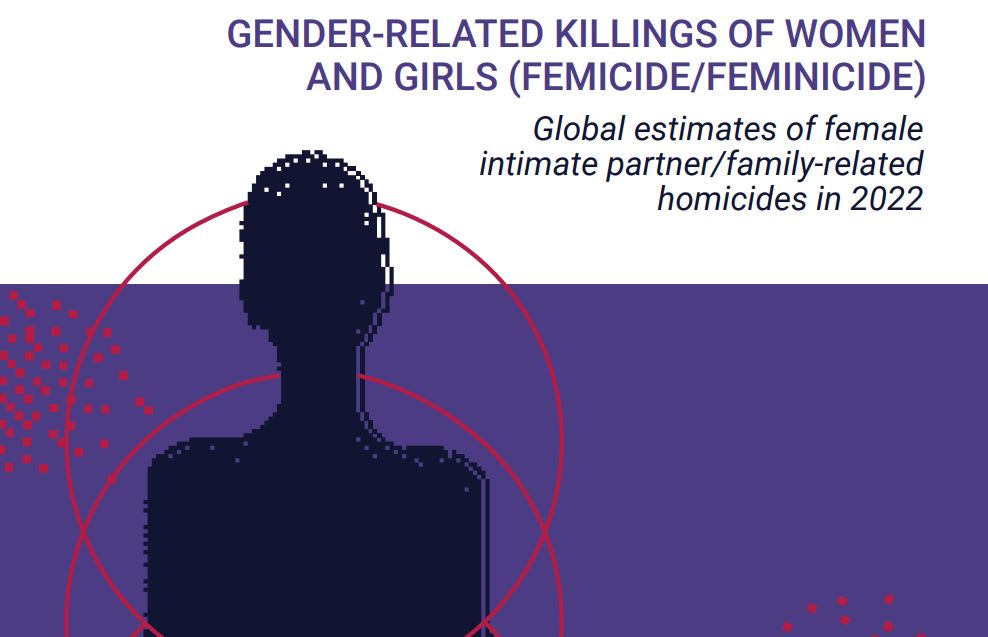
Gender-related Killings of Women and Girls (Femicide/Feminicide): Global estimates of female intimate partner/family-related homicides in 2022
With the aim of galvanizing global action against this crime, the UN Office on Drugs and Crime and UN Women are publishing this second joint publication with global estimates of gender-related killings of women and girls by an intimate partner or family member, with data from 2022. This publication features policy recommendations to prevent gender-related killings, including through risk assessments and protective measures, the establishment of femicide observatories, the criminalization of...
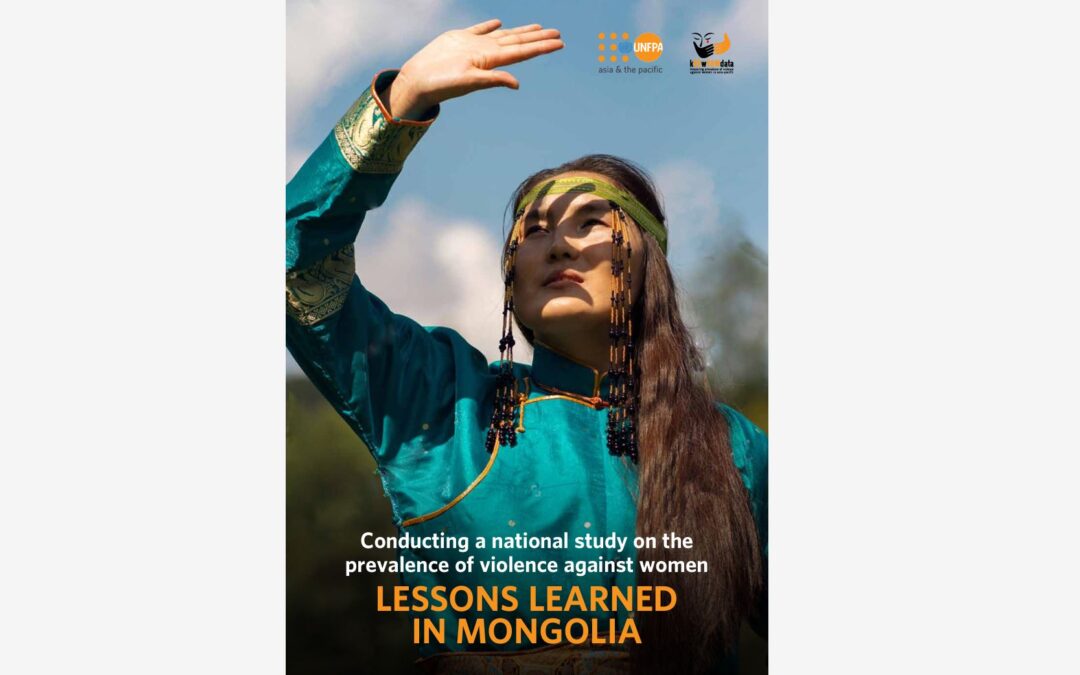
Conducting a national study on the prevalence of violence against women: Lessons learned in Mongolia
This document aims to help other program and project coordinators and researchers undertaking violence against women prevalence surveys to anticipate and address some of the challenges they may face. It contains lessons learned gathered after completing the Mongolia study and launching the results.

Children and Young People Bereaved by Domestic Homicide
This brief report conveys key findings from the study “Children and young people bereaved by domestic homicide: Understanding home, relationships and identity,“ with a focus on Australia.
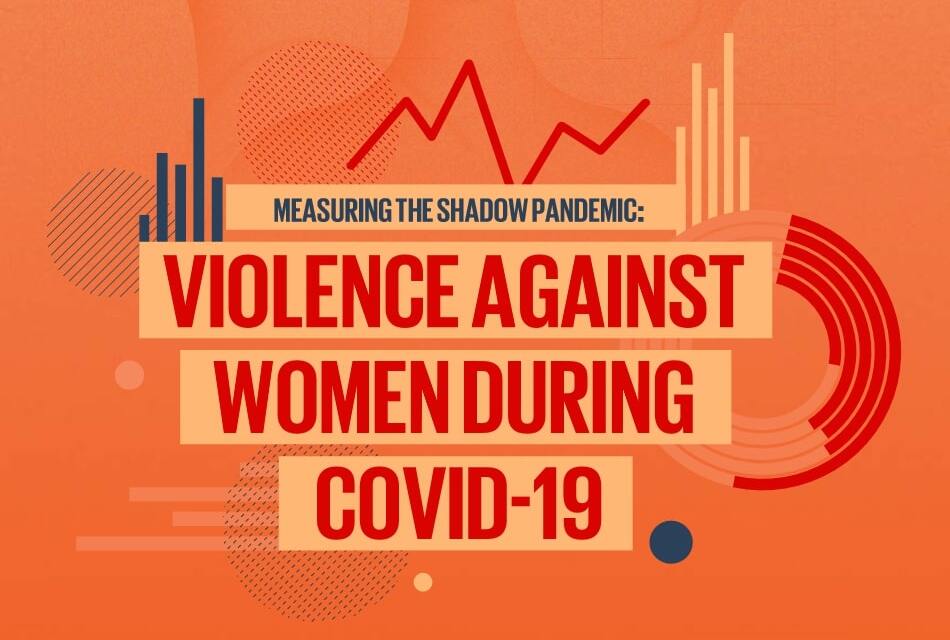
Measuring the shadow pandemic: Violence against women during COVID-19
This publication compiles and analyses the results of Rapid Gender Assessment surveys on the impact of COVID-19 on violence against women (VAW RGAs) in 13 countries.

Due Diligence and State Responsibility to End Violence Against Women: Standards, Indicators and Good Practices
The Due Diligence and State Responsibility to Eliminate Violence against Women: Standards, Indicators and Good Practices project is a research-advocacy project that is collecting good practices and State actions in the formulation, implementation and enforcement of policies, laws, procedures and processes in relation to violence against women.
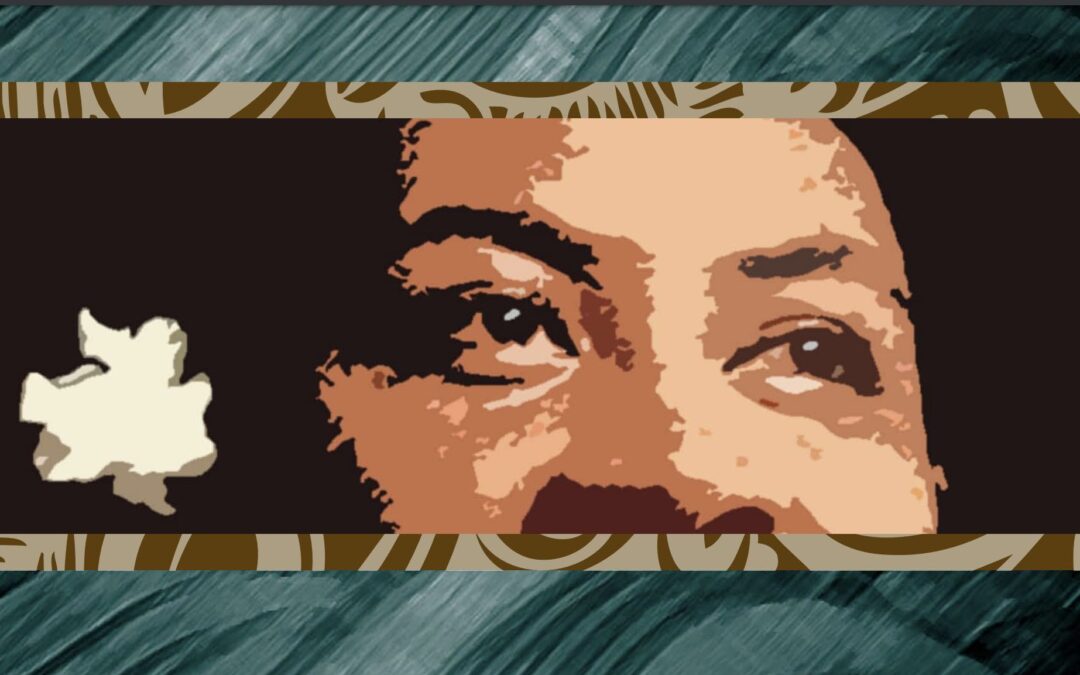
Swimming Against the Tide: Lessons Learned from Field Research on Violence Against Women in the Solomon Islands and Kiribati
Lessons Learned from Field Research on Violence Against Women in the Solomon Islands and Kiribati
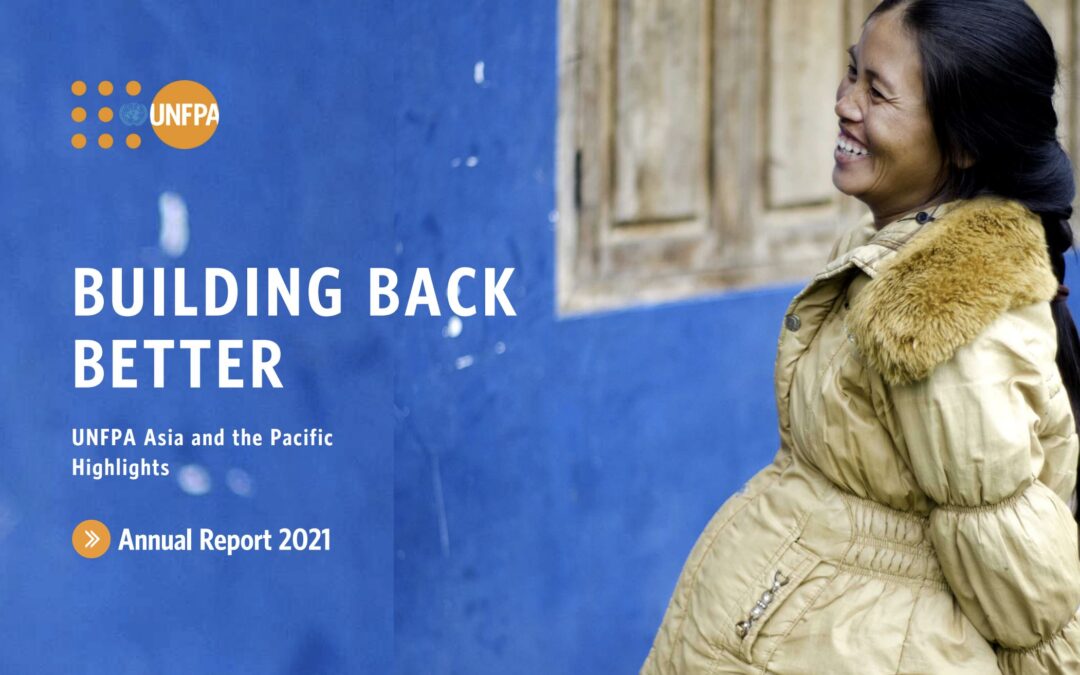
Annual Report 2021: UNFPA Asia and the Pacific
UNFPA across Asia and the Pacific outlining progress towards our transformative results of zero maternal deaths, zero unmet need for family planning, and zero gender-based violence and harmful practices against girls and women.
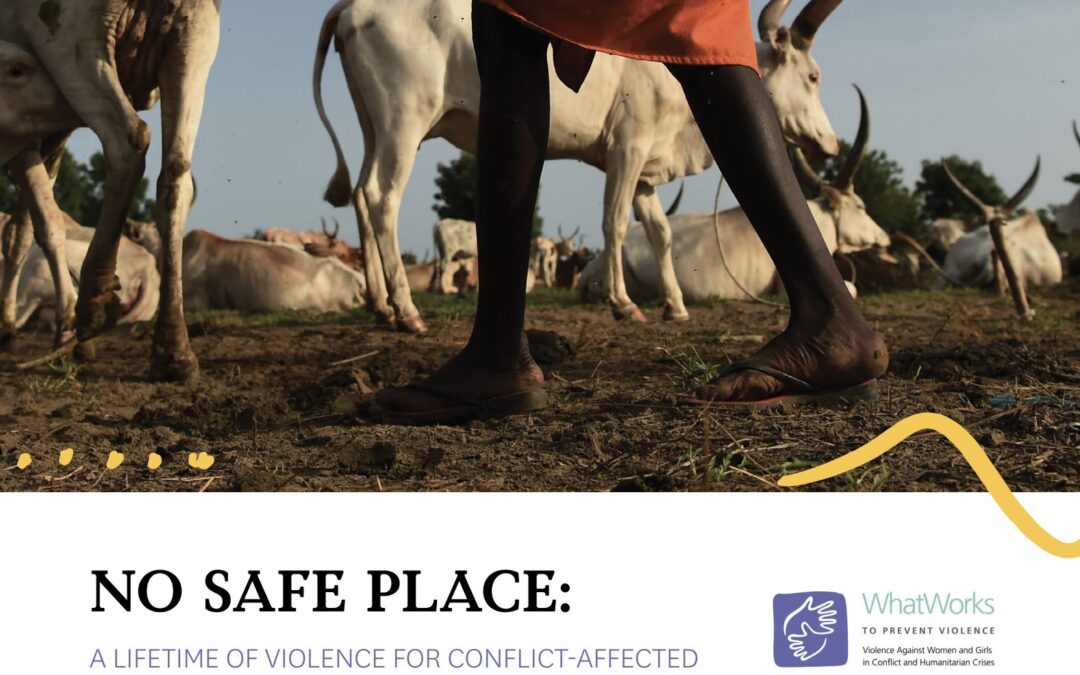
No Safe Place: A Lifetime of Violence for Conflict Affected Women and Girls in South Sudan (Report)
This is the first large-scale research study of violence against women and girls (VAWG) in several areas of South Sudan that have known war and conflict for many years.
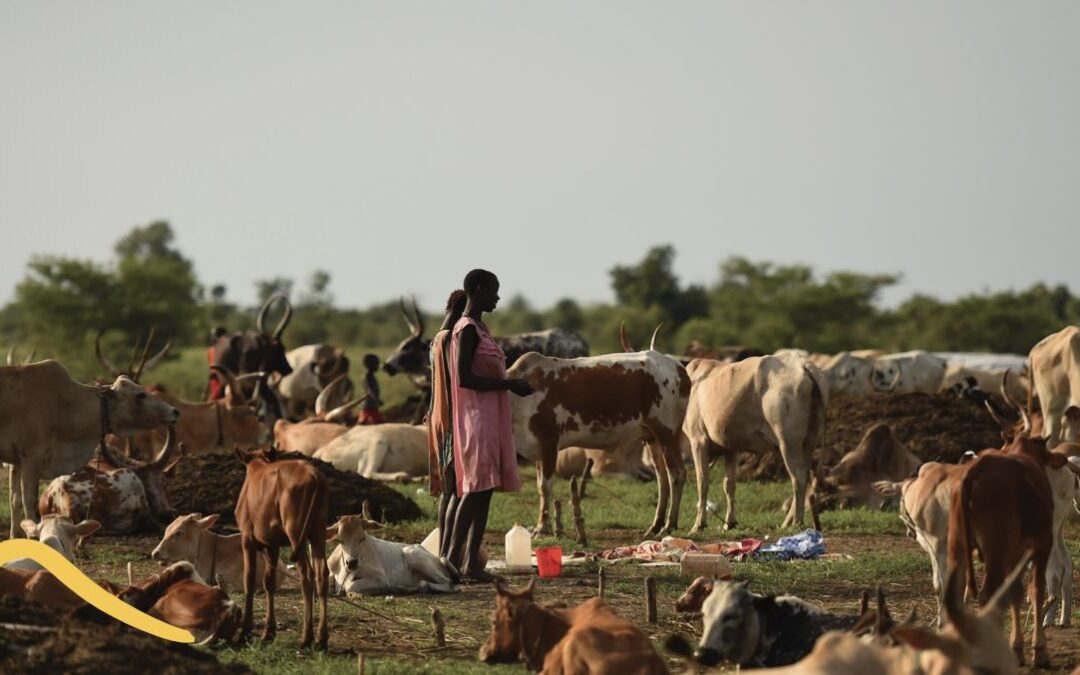
No Safe Place: A Lifetime of Violence for Conflict Affected Women and Girls in South Sudan (Policy Brief)
This brief highlights research aimed at filling substantial gaps in understanding of violence against women and girls (VAWG) in humanitarian settings, including whether or not there is a correlation between increased national conflict and VAWG.
